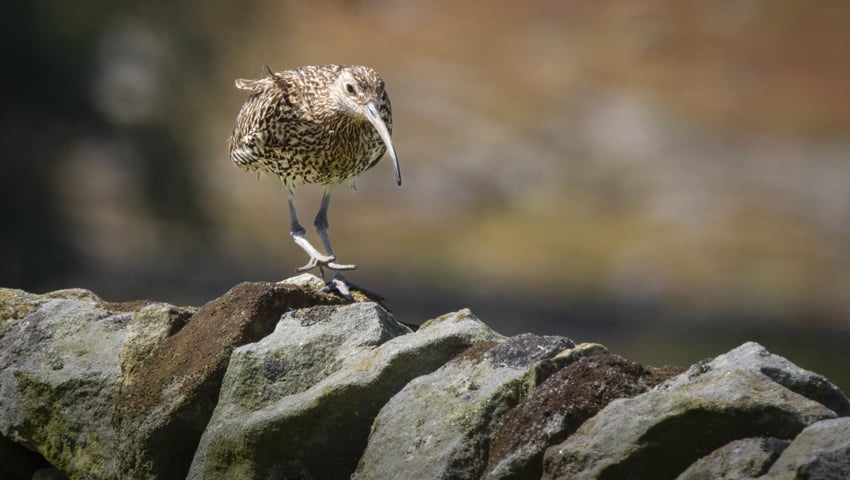The Guardian has reported that the nature-friendly farming budget is set to be slashed in the UK spending review. Helena Horton, wrote that government sources had confirmed that nature and farming budgets are to be severely cut in the spending review on 11 June.
The current budget – £5bn over two years, from 2024 to 2026 – will be honoured, but cut dramatically thereafter for all but a few smaller farms.
It is feared that many British farms will intensify production to turn a profit as the post-Brexit subsidies are stopped completely for some landowners. This may mean that Britain’s most productive agricultural soils will take even greater production strain.
Ministers are expected to argue that farming profitability will be boosted, and that the new nature restoration fund created by the planning and infrastructure bill will provide private investment for nature-friendly farming.
Horton wrote, “The nature-friendly farming fund is a package of payments that replaced the EU’s common agricultural policy and paid land managers for the amount of land in their care, with the aim of paying farmers to look after nature, soil and other public goods, rather than simply for farming and owning land. Many farms rely on these payments to make ends meet.
“Defra is understood to be focussing the money on areas that it has mapped out as having the best potential for nature, such as the uplands, and paying farmers not to cultivate on peat soil. Defra sources said the scheme will be targeted at ‘small farms’; wealthier farmers will not be eligible, meaning larger farms will be locked out of nature-friendly farming incentives.”
Responding to the article, Martin Lines, CEO of the Nature Friendly Farming Network (NFFN), said, “These cuts would be disastrous if implemented, with the negative impact felt far beyond farming and reaching the wider public. Investing in nature-friendly farming helps protect communities from the devastation of flooding. It reduces the impact of climate change by protecting and restoring carbon-storing habitats such as peatland. It also supports the delivery of affordable, renewable energy.
“If the government is serious about sustainable growth and long-term food production, it must invest in our landscapes. Farmers are ready to play their part, but face the risk of being let down by ministers turning off the funding tap.
“Cutting the nature-friendly farming budget would be a short-sighted move. The simplest, most cost-effective solution to the problems we face is to invest now. If we fail to act, and wait until the impacts of climate change worsen, the cost will be far higher.”
Alice Groom, the RSPB’s head of sustainable land use policy, said, “Cutting the nature-friendly farming budget would have a catastrophic impact on the UK’s ability to tackle the nature and climate crisis, and undermine our long-term food security. It would also leave the UK Government’s credibility on nature and climate in tatters.
“There is already consensus that we must transition to nature-friendly farming to deal with nature loss and climate change. The UK government must at the very least commit to maintaining the current agricultural budget if it’s to avoid sleepwalking into disaster, dragging farmers, our environment, food security and wildlife with it.”
